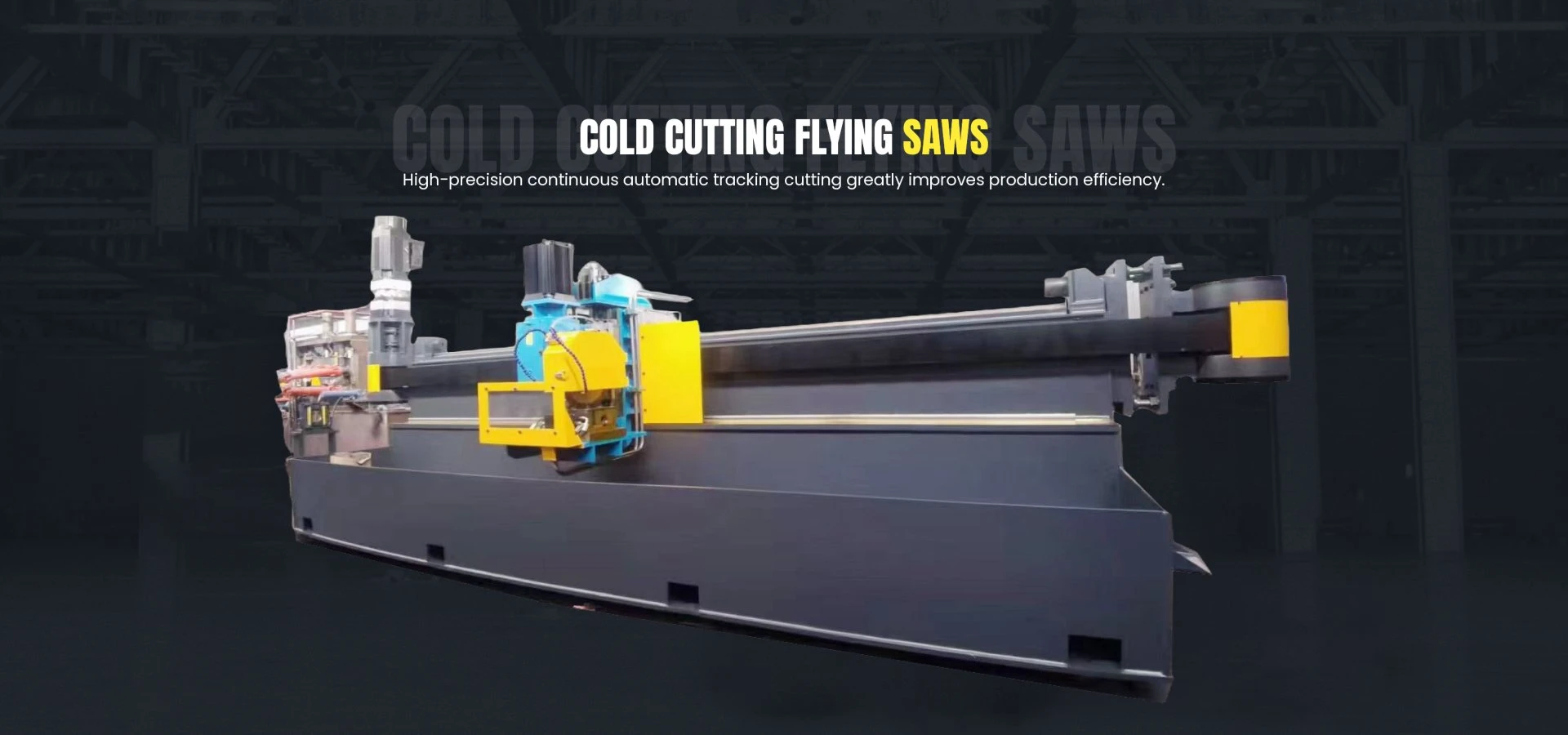metal roll former
Understanding Metal Roll Formers A Key Tool in Manufacturing
In the world of manufacturing, metal roll forming has emerged as a critical process for producing a wide range of metal products used in construction, automotive, and various industries. At the heart of this process lies the metal roll former, a specialized machine designed to shape metal sheets into desired profiles through a series of rollers. This article will explore the significance of metal roll formers, their operation, and the advantages they bring to manufacturing.
What is Metal Roll Forming?
Metal roll forming is a continuous bending operation where a long strip of metal, usually sheet metal, passes through consecutive pairs of rollers. Each set of rollers is designed to impart incremental bends to the metal, ultimately creating a specific cross-sectional shape. The process is highly versatile and can accommodate different materials, including steel, aluminum, and copper, making it adaptable for various applications.
The Operation of Metal Roll Formers
A typical metal roll forming line consists of several key components decoiler, leveling machine, roll former, and cutting system. The process starts with the feeding of a coil of metal into the decoiler, which unwinds the coil and prepares the metal sheet for processing. The metal then passes through a leveling machine to ensure it is uniform and free of any defects.
Once leveled, the metal sheet enters the roll former. The roll former is composed of multiple rollers arranged in a specific sequence that determines the final shape of the product. As the metal passes through each roller, it undergoes a series of bends until it reaches the desired profile. After forming, the metal is usually cut to length based on the requirements of the finished product.
Advantages of Metal Roll Forming
metal roll former

One of the primary advantages of using metal roll formers is their efficiency. The continuous nature of the roll forming process allows for high-speed production rates, significantly reducing manufacturing time compared to traditional methods like stamping. This efficiency translates to lower production costs, making it an attractive option for manufacturers.
Additionally, metal roll forming offers exceptional precision and consistency. The use of fixed rollers ensures that each piece produced maintains uniformity in dimensions and shape. This consistency is crucial for applications that require tight tolerances, such as automotive and aerospace components.
Another significant benefit is the minimal waste produced during the roll forming process. The machine operates by utilizing the entire length of the metal coil, resulting in very little scrap material. This efficient use of resources not only reduces material costs but also contributes to a more environmentally friendly manufacturing process.
Metal roll formers also provide versatility in design. With the capability to create complex shapes and profiles, they can produce components tailored to specific application requirements. This adaptability is valuable in industries such as construction, where customized metal framing and roofing solutions are often needed.
Applications of Metal Roll Forming
The applications of metal roll forming are vast. In the construction industry, roll-formed products are commonly used for roof panels, wall panels, and various structural components that require strength and durability. In the automotive sector, roll formers produce parts like chassis components, structural reinforcements, and trim pieces. Additionally, industries such as electrical, HVAC, and furniture manufacturing utilize roll-formed metal parts due to their reliability and efficiency.
Conclusion
In conclusion, metal roll formers play a pivotal role in the manufacturing landscape. By enabling the efficient and precise production of metal components, they meet the rising demands of various industries while minimizing waste and production costs. As technology continues to evolve, metal roll forming is likely to see further advancements, enhancing its capabilities and applications in the manufacturing world. Understanding and harnessing the power of metal roll formers is essential for companies looking to optimize their production processes and achieve high-quality results.
-
High Frequency Straight Seam Welded Pipe Production Line-BzZhou Xinghua Machinery Equipment Manufacturing Co., LTD.|Precision Welding, High EfficiencyNewsJul.30,2025
-
High Frequency Straight Seam Welded Pipe Production Line|BzZhou Xinghua|Precision Welding&EfficiencyNewsJul.30,2025
-
High Frequency Straight Seam Welded Pipe Production Line - BzZhou Xinghua|Precision Engineering&EfficiencyNewsJul.30,2025
-
High-Frequency Straight Seam Welded Pipe Production Line-BzZhou Xinghua Machinery Equipment Manufacturing Co., LTD.NewsJul.30,2025
-
High-Frequency Straight Seam Welded Pipe Production Line-BzZhou Xinghua Machinery Equipment Manufacturing Co., LTD.|Precision Manufacturing, High EfficiencyNewsJul.30,2025
-
High Frequency Straight Seam Welded Pipe Production Line-BzZhou Xinghua Machinery Equipment Manufacturing Co., LTD.|Precision Steel Pipe Manufacturing&Industrial EfficiencyNewsJul.29,2025


